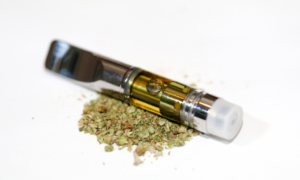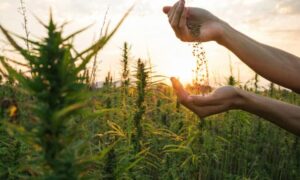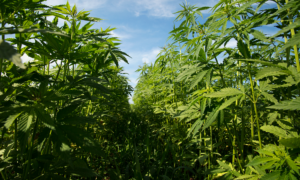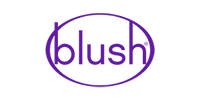CBD In Food And Beverage: 3 Developments To Watch In 2020

CBD was the breakout star cannabinoid of 2019
The cannabidiol (CBD) industry saw considerable growth in 2019, and the industry is expected to see further expansion over the new year. In the absence of clear federal guidance, sellers of products containing CBD, particularly those in the food and beverage space, should watch how three developments might affect their products and the industry as a whole.
- Further FDA Clarification: The U.S. Food and Drug Administration (FDA) announced in November 2019 that the agency had numerous “unanswered questions and data gaps about CBD toxicity” and issued over a dozen warning letters to sellers of CBD-containing products. The FDA’s updated Consumer Updatedeclared that marketing CBD “by adding it to a food or labeling it as a dietary supplement” is illegal. In its announcement, the FDA noted that it is continuing to explore “potential pathways for various types of CBD products to be lawfully marketed” and expects to provide an update on its “progress regarding the agency’s approach to these products in the coming weeks.” After the agency’s November announcement and warning letters, manufacturers of CBD products, particularly those in food and beverage categories, should watch how the FDA clarifies and enforces its position on CBD-containing products over the new year.
- State and Local Action: Without clear federal guidelines, states have created a regulatory patchwork of often conflicting rules across the country. As one headline put it: “Headaches abound as states try to clarify [the] CBD landscape.” Some states, such as Maryland, have declared it illegal to add CBD to food products. Similarly, New York City regulators have embargoed food and drink products containing CBD. Media reports note that City officials have ordered at least five restaurants to stop selling CBD-containing food and drink products and that enforcement of the embargo includes fines ranging from $200 to $650. For 2020, the industry should watch how states continue to take action in the absence of clear federal guidance. For example, New York State recently passed a new law, effective in March 2020, that establishes a regulatory framework for the sale of CBD-containing products in the state. State officials are expected to issue new regulations fleshing out the law in the coming weeks.
To Read The Rest Of This Article On Forbes, Click Here








































